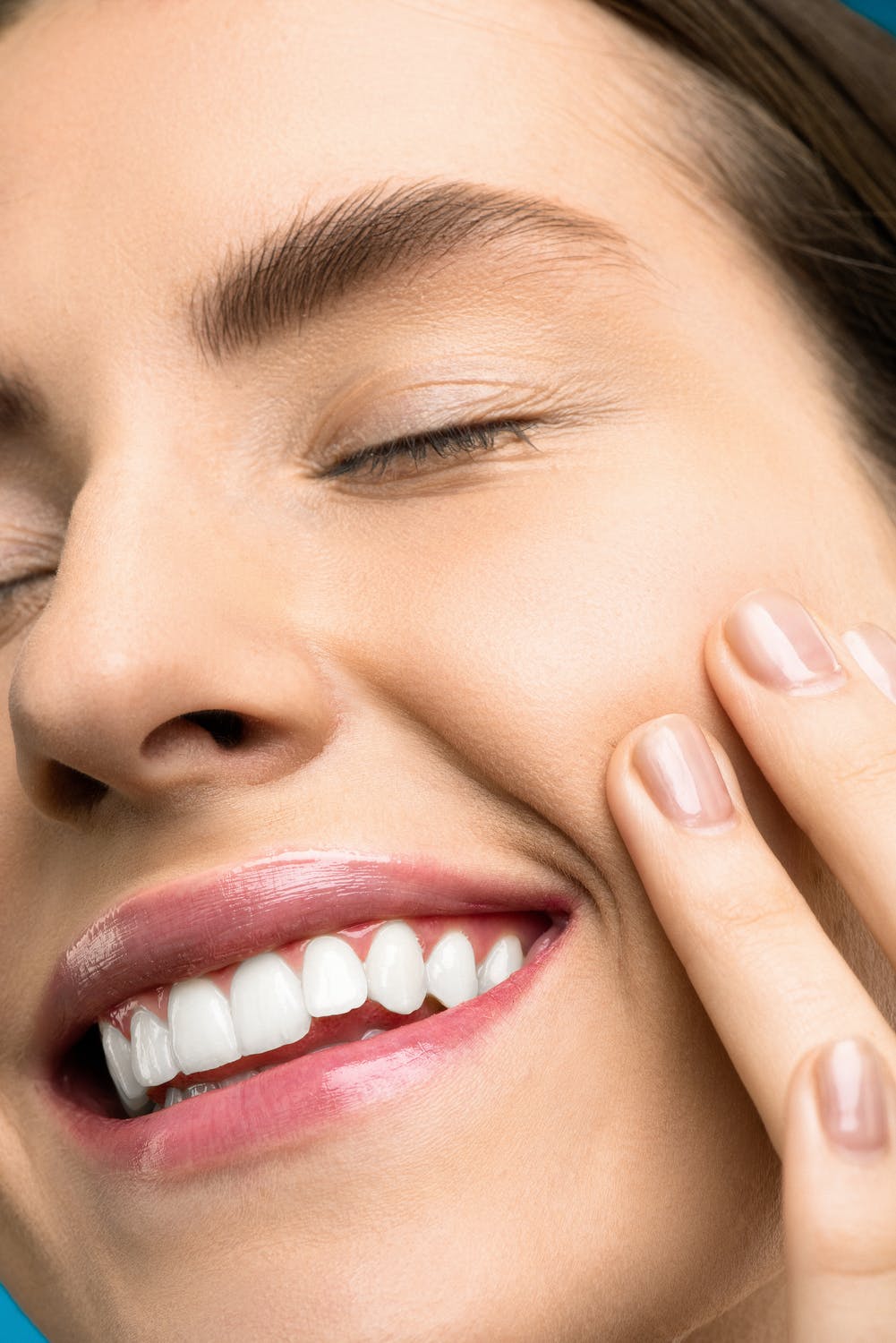If you regularly struggle with teeth grinding or jaw pain, then you know just how frustrating and uncomfortable it can be. Teeth grinding, also known as bruxism, is an involuntary habit that involves grinding or clenching teeth, often while you are asleep. Excessive grinding can lead to irreversible damage to your teeth over time.
Here’s what you should know about teeth grinding symptoms, potential causes, long-term consequences and effective solutions.
Signs of Teeth Grinding
Many people are unaware of their habit because they grind while they sleep. It’s not surprising that sleep partners are often the first people to notice symptoms as the sound of teeth gnashing can be loud enough to disturb others’ sleep.
It is important to identify the early signs of bruxism so that you can discuss the problem with your dentist and begin proper treatment. You may suffer from teeth grinding if you notice one or more of the following:
• Flattened, fractured or chipped teeth
• Increased tooth sensitivity
• Jaw pain or fatigue
• Locked jaw that doesn’t open or close properly
• Frequent, dull headaches, often in the morning and around the temples
Possible Risk Factors
The causes of bruxism are unique to each patient. One or more factors may increase your risk of grinding or clenching your teeth. Some of these include the following:
• Stress and anxiety: Chronic stress and anxiety are common causes of bruxism. The increased tension throughout the day can contribute to nightly grinding.
• Orthodontic problems: Any dental issue that prevents the teeth from fitting together correctly, such as an abnormal bite, crooked teeth or missing teeth, can increase your risk for teeth grinding.
• Sleep apnea: Research suggests that people with sleep disorders such as sleep apnea or snoring are more likely to experience bruxism.
• Stimulant use: People who regularly smoke, drink or consume caffeine are at a higher risk for bruxism.
Long-Term Effects of Teeth Grinding
The effects of teeth grinding can take a toll on your jaw, facial muscles and overall quality of life. Early detection and treatment are vital to help alleviate pain and prevent permanent damage.
Without treatment, teeth grinding can cause chronic headaches, tooth loss, loose or chipped teeth, gum recession, and temporomandibular joint (TMJ) disorders. As a result, dental bridges, crowns, root canals, implants and even complete dentures may be needed.
Solutions for Teeth Grinding
If you think you have bruxism, the first step is to schedule an appointment with your dentist. Your dentist can identify common signs of grinding or clenching, and recommend appropriate intervention to help protect your teeth and reduce symptoms.
Since bruxism is frequently caused by other issues, such as stress or anxiety, it is important to get to the bottom of the underlying issue. If anxiety is contributing to your grinding, treatment to manage stress is a good starting point for addressing your bruxism.
Similarly, if you have orthodontic issues, braces or some other type of orthodontic appliance may be a good option for correcting your bite to reduce grinding. One common solution is a mouth guard designed specifically for teeth grinding. These nighttime mouth guards are fitted for a patient’s top and bottom teeth and work to reduce biting forces while wearing it.
Acting now to get your teeth grinding under control can reduce current symptoms and help prevent more serious dental health issues. Be sure to consult the accompanying guide for further information.

